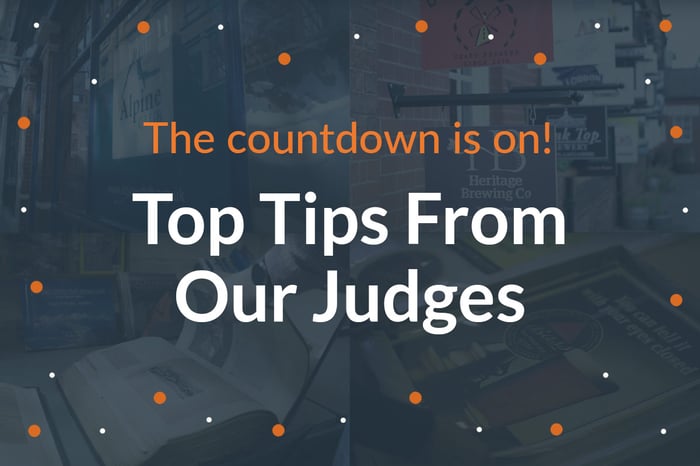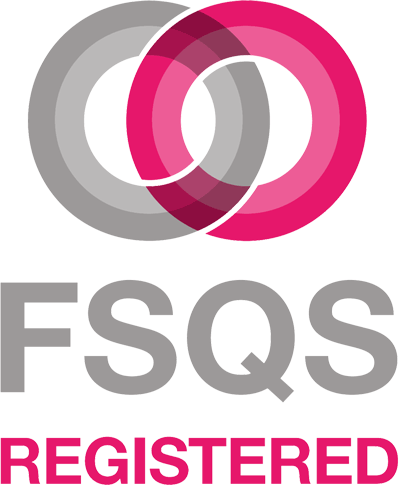

So it’s that time again! The 20th November deadline is fast approaching, forms are being downloaded and applications submitted, so now for a little insight into what our three judges are looking for in this year’s successful grant winners and shortlisted applicants.
Every year our panel is overwhelmed by the diversity of projects and the quality of entries, and this year is looking to be just as exceptional. Thank you in advance to everyone who has (or who still is) taking the time to apply. We take great pleasure in reading every single application and discovering more about your precious collections and archives.
As usual, applications will need to demonstrate the usual judging criteria, namely:
- Heritage need
Heritage value, uniqueness and importance of the collection.
- Social/community impact
How local people and communities will benefit from the collection.
- Research value
Whether academic, social historians, genealogists, or other researchers.
But if 2020 has taught us anything, it’s that we should be looking to demonstrate how projects will satisfy a need for improved accessibility. Therefore, we have added this to our existing criteria as follows:
- Improved accessibility
Accessibility plans for your collection, such as platforms, preservation and website access to name a few.
Our hope is that this will promote longer term planning for projects, making remote access a more viable option going forward. Our judges are uniquely experienced and have their own ideas about what makes for a great, standout application. Consequently, we have asked them for any hints, tips and particular interests that they could share with you, to make the application process that bit easier.
John's top tips:
- I come to the grant with complete impartiality where industry is related, so consider me ready to be persuaded by your application. I am open to any applications that have made real attempts to stand out and capture my attention.
- I would say it's best to make no assumptions about my prior knowledge. Don’t assume that I know anything about your particular archive or area, and don’t let the word limit stop you including vital, compelling information. If your archive is ‘world class’, tell me why. I’m here and waiting, and I want to know more.
- A standout application is one that gives itself a real chance; that means an application that has ticked all of the scoring boxes. It can be the most wonderful project in the world, but if areas of the application have not been completed fully it can’t be considered. This would probably be one of my main pieces of advice.
- In terms of the lessons of 2020, again, I would say that my outlook has remained consistent. The great thing about having a panel is that it offers balance. The events of 2020, though indisputably impactful, have not changed what I would consider a deserving application.

Jo's top tips:
In my first year as a judge for the TWA digitisation grant, I would hope to find applications that do the following:
- Provide details and realistic thoughts on how the grant will improve access.
- Include thoughts about who the audience for the digitised material will be. Will the digitisation lead to you being able to engage with new audiences? If so, tell us!
- Show there is a need for this collection to be digitised. Evidence of requests to access the collection, or support for this grant application from researchers are good to see.
- Show that some broader thinking has happened about how winning the grant would fit into the longer term aims and goals of the organisation.
- Provide a sense of excitement and passion about what the newly digitised collection would bring to you, your users and the wider heritage sector.

Paul’s top tips:
- Last year one of my top tips was to try and find material that tells a relatable and engaging story and this continues to be one of my top tips for this year’s grant. With the ups and downs of 2020, I dare say that there might be an opportunity for many to consider and link what is happening today to what happened many years ago.
- I've attended many industry body webinars over the past 6 months and noticed many archivists working from home. With no access to original material they are finding it really difficult to satisfy research requests. The inability to access content really highlights those items that are most important and so this year I would expect to see some facts and figures that better indicate the research value of a collection and how digitising them would ultimately speed up the process of finding and disseminating the content.
- Following on from the above point, I know that many organisations have a huge amount of digitised content, but no easy way of sharing this with their audiences. Some have found innovative solutions but it has raised the question of sustainability and the level of creativity being deployed. Perhaps now is the time to look back at what you or others have done and think again about how you might better ‘re-package’ content in order to showcase it in it’s very best light.
It's definitely not too late to apply!
Download your application here and for any grant and digitisation questions, please don’t hesitate to contact us.
Returning your completed application
Simply email your completed application to digitisationgrant@townswebarchiving.com by 20th November 2020 at 11.59pm to be in with a chance to win.
The winners will be announced on 9th December 2020.
Good luck from all of us at TownsWeb Archiving!



 USE OUR ONLINE
USE OUR ONLINE








